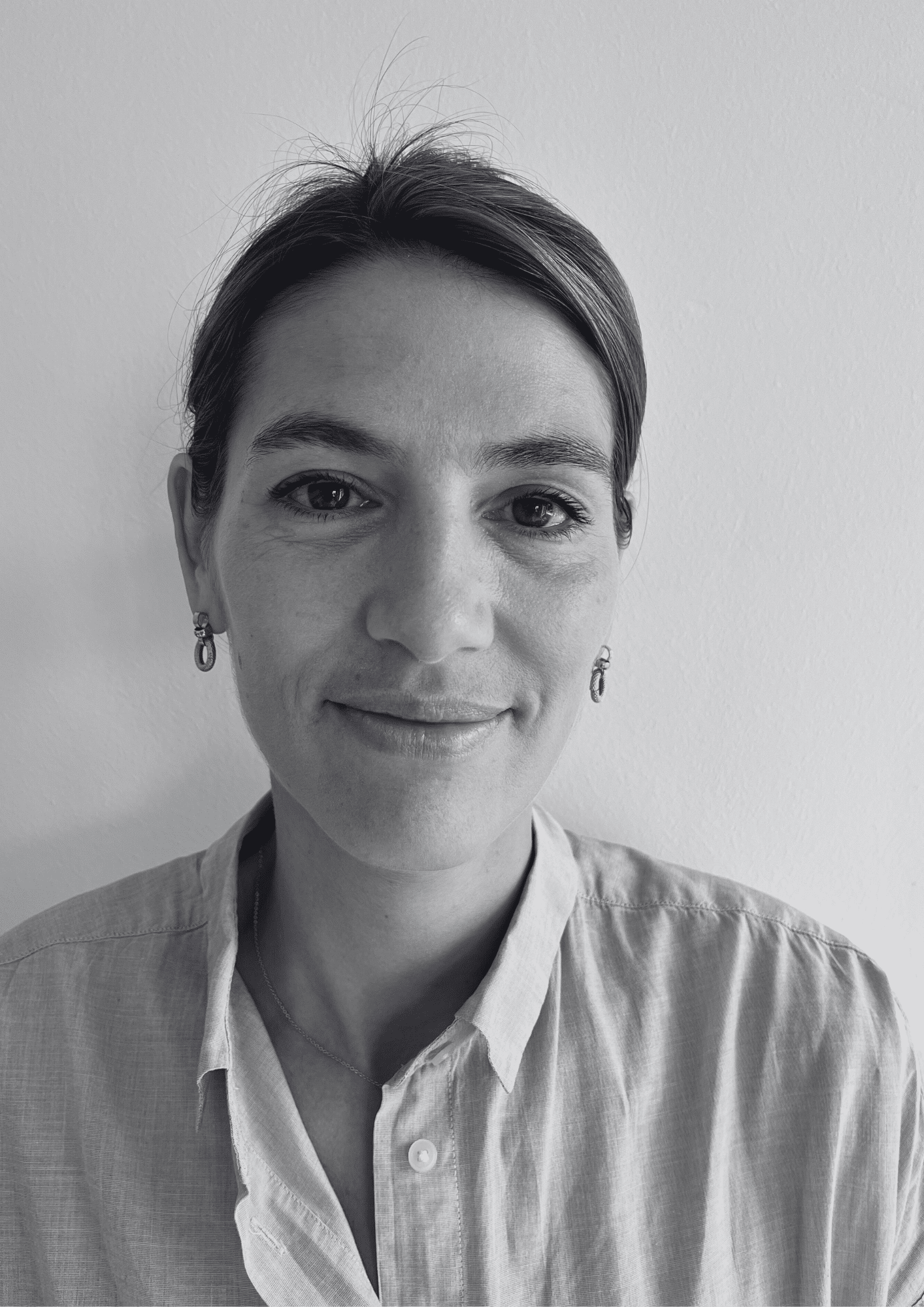
Emissions from the transport sector are a major challenge for Morocco, as they are for many countries around the world. With almost 30% of total CO2 emissions and 38% of final energy consumption, transport is one of the main areas where decisive action is needed. As part of Moroccan climate strategy, the Ministry of Transport and Logistics, with the support of GIZ, has engaged since 2020 in a process of data analysis related to land transport, gaining thereby a more accurate knowledge of its CO2 emissions. The main results will be useful to shape Morocco’s future policies.
A local working group has been working for months on collecting, treating and analysing the relevant transport data. As huge databases (mainly vehicle registrations and inspection) with millions of lines were obtained, an open-source code on python for the automatic cleaning and treatment of the data was programmed during the project. The code was handed over to the Ministry of Transport and the National Road Safety Authority (NARSA).
The process:

To share and discuss the results, the Ministry of Transport and Logistics organised a workshop in Rabat. More than 30 stakeholders from the transport Moroccan community attended the event, including the relevant ministries and agencies, as well as various data providers and users.
During the workshop, participants were able to familiarise themselves with the bottom-up approach, which consists of assessing GHG emissions based on transport activity. Unlike the top-down approach, which calculates emissions on the basis of national energy consumption, this methodology provides information on the emissions of each category of vehicle, depending on their number, fuel consumption, distances travelled and fuel type.
Top-down v. bottom-up approach:

After a long process of data collection and processing, the IFEU experts commissioned by GIZ to carry out the bottom-up inventory and provide technical training to the Moroccan experts presented the main results of this work.
The analysis showed that total emissions from Moroccan road and rail transport represented 22.9 million tonnes of CO2 from “well to wheel” and 19.7 million tonnes of CO2 from “tank to wheel”. On a per capita basis, this is equivalent to 0.6 tonnes per inhabitant.
Almost half of the emissions are generated by private cars (48.9%) and 35% from trucks.
The analysis also showed that public transport is more energy-efficient: between 20 and 27g CO2e/pkm for buses and trains, compared with 120.6 g CO2e/pkm for cars.
Finally, comparing results between bottom-up and top-down methods revealed a difference in values of 4 to 10% greater for the bottom-up approach.
After fruitful discussions on the results, the participants engaged in an interactive and reflective exchange on the future of the MRV (monitoring, reporting and verification) system with the purpose of empowering stakeholders and creating functional working relationships.
It emerged that most of the participants were interested in continuing the inventory and would be willing to take part in it either as data provider and/or user. They also worked on a possible timeline for the next inventory, stressing the need to feed the results into the national GHG inventory system.

The Advancing Transport Climate Strategies (TraCS) project is implemented by the Deutsche Gesellschaft für Internationale Zusammenarbeit (GIZ) GmbH and funded by the International Climate Initiative (IKI) of the German Federal Ministry for Economic Affairs and Climate Action (BMWK).
 Moroccan expert from the Ministry of Energy Transition and sustainable Development pinning her suggestions on the board ©Gregor Bauer, GIZ Morocco
Moroccan expert from the Ministry of Energy Transition and sustainable Development pinning her suggestions on the board ©Gregor Bauer, GIZ Morocco

Anne-Sophie Tobar-Malagueno
anne-sophie.tobar-malagueno@giz.de
Visit profile
If you believe that you suffer (potential) negative social and/or environmental consequences from IKI projects, or wish to report the improper use of funds, to voice complaints and seek redress, you can do so using the IKI Independent Complaint Mechanism.